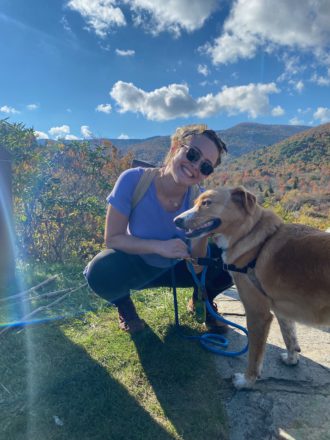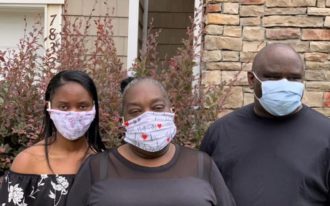While many see NC Medicaid’s new preventative health program as full of potential, they worry a lack of knowledge about the program paired with its complicated referral process could undermine its impact.


While many see NC Medicaid’s new preventative health program as full of potential, they worry a lack of knowledge about the program paired with its complicated referral process could undermine its impact.

Clarissa Donnelly-DeRoven, rural health and Medicaid reporter with North Carolina Health News, says that therapy can be an effective tool for managing mental health and recommends a way for the therapy-curious to listen in to real life therapeutic sessions.

At 4.61 percent in 2016, North Carolina ranked 5th in the nation in its eviction rate, almost twice as high as the national eviction rate of 2.34 percent that year. Franklin resident Donna, and her partner, C., are two of the many Western North Carolina renters impacted by eviction.

Proposed state legislation filed in response to a years-long feud between an Asheville neighborhood and a local needle exchange could threaten syringe exchanges across North Carolina.

Even with health insurance and ample provider availability, fat discrimination by providers can be a barrier to care for overweight people.

More than nine months into a pandemic that underscored deficiencies in rural broadband, many remote communities still lack access to the internet.

Hospitals across the state are bracing for a coronavirus surge that could push them to the brink.

Throughout this year’s agricultural season, migrant farmworkers have struggled to find child care for young kids who would usually spend their days in classrooms.

An octogenarian’s story shows the many obstacles to voting in long-term care facilities in 2020.

Four agencies in eastern and western NC received federal grants to study and enhance drug treatment options in some of the state’s rural opioid hotspots.

The COVID-19 pandemic has had a major impact on both routine kidney care and the number of transplants. At the same time, the estimated 37 million American adults with chronic kidney disease are at greater risk of contracting the virus.

With more numbers than ever, it can be hard to understand the magnitude of the pandemic in North Carolina. N.C. Health News created three charts to help make sense of coronavirus in the state.

Well before COVID-19 hit Western North Carolina, Henderson County formed a strike team to respond to outbreak in long-term care facilities. As the months wore on, the team proved invaluable to staff and residents at Cherry Springs Village, an assisted living facility in Hendersonville.